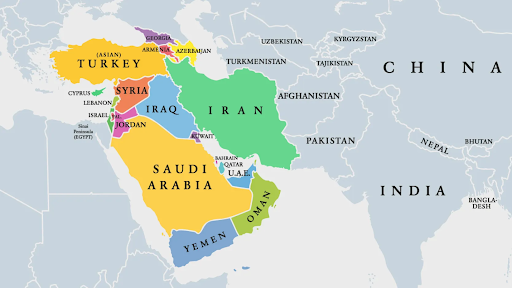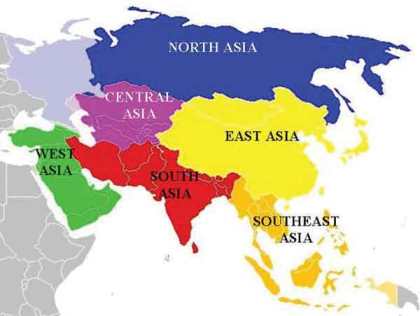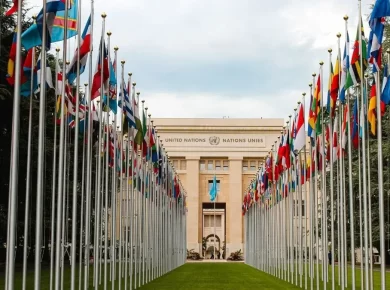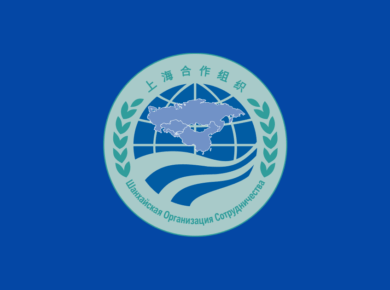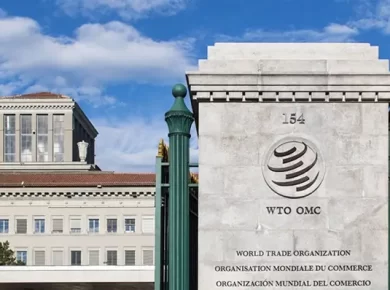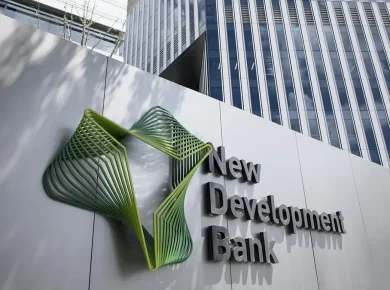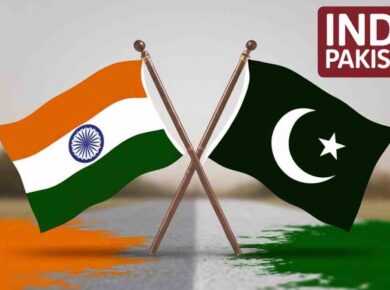India West Asia Relations
Importance of West Asia for India
- India has huge stakes involved in the region such as energy, trade and safety of Indian community in the region
- 70 % of India’s imported energy needs come from West Asia & will increase as Indian economy grow
- 11 million Indians working in West Asia. India is the largest recipient of foreign remittances from West Asia. Therefore, stability in the region is high on India’s core agenda.
- Close cooperation is essential to counter radicalization in India
- To reduce the influence of China in West Asia and in Arabian Sea
Challenges in West Asia
Security situation in West Asia has been continuously deteriorating ever since the onset of Arab Spring in 2010. The internal security situation in Syria, Iraq and Yemen has gone from bad to worse. The regional powers continue to fight proxy wars on sectarian lines, pumping huge amount of money and weapons to bolster their favoured groups. The involvement of extra-regional players such as the USA and Russia in the internal conflicts in West Asia has further aggravated the situation.
- Saudi-Iran rivalry: destabilizing West Asia and influencing West Asian geopolitics
- Terrorism has emerged as the biggest security threat to the region. The rise of the Islamic State in Iraq and Syria (ISIS) is the most disturbing trend.
- Pakistan is very close ally of many west Asian countries especially with GCC
- India’s close relation with Israel is another sore point with west Asia.
- India’s close relation with Iran may antagonize Saudi Arabia. India has to balance its ties with all three regional power in west Asia-Iran, Israel and Saudi Arabia.
Also read: India Africa Relations and India Central Asia Relations
India’s “Look West” Policy
- A tri-directional foreign policy to accommodate the three key pillars of West Asia — Saudi Arabia, Iran and Israel
- A Secular and Non- Aligned Policy – Muslims and Jews / Shia-Sunni
- Driven more by economic calculation than political rhetoric.
- Major emphasis on Maritime Diplomacy + Energy and economic security
- West Asia is looking to India and other Asian powers to step in and offer security guarantees to the region. Many GCC states have welcomed defence cooperation agreements with India.
- In the wake of the Arab Spring and the mess in Egypt and Iraq, the Gulf states find India and China to be more reliable interlocutors than many western states.
- The structural change in the global energy market with West Asian oil and gas increasingly heading to South and East Asian markets rather than to the Trans-Atlantic markets.
China West Asia Policy
China built ties with West Asian nations based on three principles — secure energy supplies, expand markets for finished goods and find investment opportunities.
- For Iran, Beijing remained a trusted ally even during the time of sanctions
- It is one of the top buyers of oil from Saudi Arabia and a key trading partner of Israel
- China’s economic ties with West Asia assumed greater significance after One Belt, One Road initiative
- It repeatedly, along with Russia, vetoed the resolutions prepared by Western powers demanding the ouster of Syrian President Bashar al-Assad, an ally of Tehran.
- China has also recognised Palestine as a state and offered support for the Palestinians
All over indicates a major shift from passive foreign policy of China to pro-active approach that suits the country’s big power ambitions.
From China’s point of view, Iran is among the most stable countries in the region. And it’s the only major country in West Asia where the U.S. has practically no influence. So it’s natural for China to see Tehran as a vehicle entry into West Asia.
During Iran’s isolation era, China adopted a dual approach: it supported UN resolutions against Iran’s nuclear programme while expanding economic and security cooperation with Tehran.
For more updates, explore the IR & Security Category. Feel free to share your thoughts and comments
If you’re passionate about building a successful blogging website, check out this helpful guide at Coding Tag – How to Start a Successful Blog. It offers practical steps and expert tips to kickstart your blogging journey!
